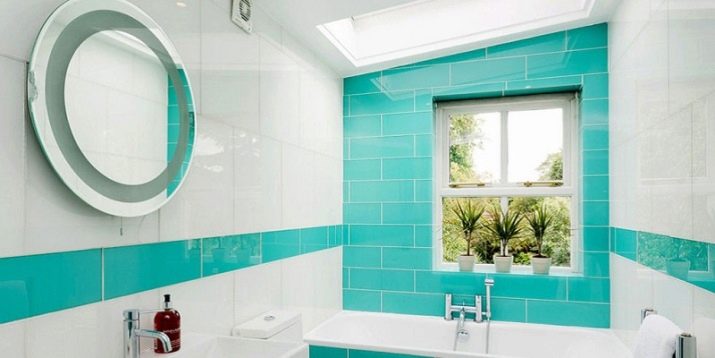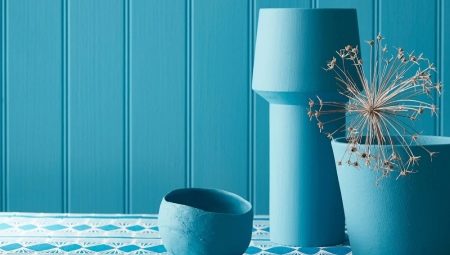Man, unlike many animals, was very lucky: nature gave him the opportunity to distinguish a huge range of shades. Undoubtedly, the perception of color affects a person. This fact has long been proven by psychologists and doctors. Surrounding ourselves with things of a certain color gamut, choosing clothes of any shades, in addition to the external effect, we can also experience internal changes: in mood, well-being, emotions.
Hue perception
The name of the color is associated with a mineral stone: turquoise. This shade comes from a mixture of green and blue. Turquoise also has another name: the color of the sea wave. It is associated with the gentle sea, tranquility, peace. Color is perceived as cool, clean, wet, mysterious and bewitching. Feelings of freshness and wind are associated with it. It differs in some contrast and calm brightness. In the Islamic religion, turquoise is considered the color of purity and innocence, symbolizes exalted happiness, heaven. For many modern people, the perception of azure hues is associated with fast electron flows.
It is worth noting that this is one of the few colors that does not cause negative emotions and associations. It does not have an irritating or exciting effect, it does not stimulate bad thoughts.
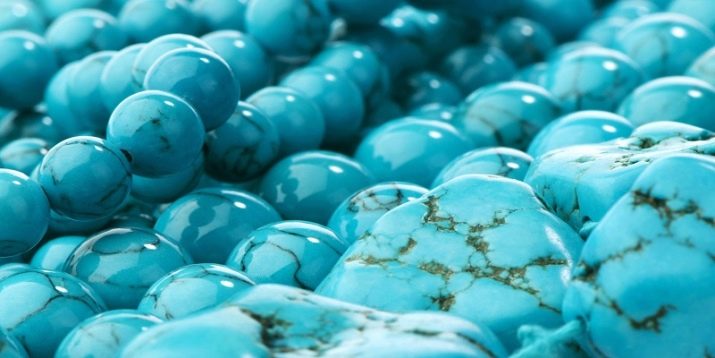
Who likes it?
Turquoise color is not very popular unlike many shades habitual for us. However, there are people who love him very much and tend to surround themselves with objects of this particular color in the home interior, as well as have details of clothing or jewelry of this shade. Psychologists characterize people who really like turquoise.
- Aquamarine lovers very friendly, open and simple-minded in communication. They know how to conduct a conversation lively and interesting.
- They always attract their extraordinary thinking.
- They are very honest and always seek to speak and act from the heart.
- Selfishness and profit are alien to them. On the contrary, such people are often dominated by such rare and valuable qualities as sensitivity and concern for others, empathy and compassion.
- People who prefer turquoise gifted with very strong intuition.
- Most often these are creative individuals. They are sensitive in the perception of art and beauty, very fond of nature.
In addition, lovers of aqua have the ability to positively influence others. Having balance and harmony in their lives, they do not spare positive energy in order to bring them into the lives of loved ones. The latter feature also determines the presence of good leadership skills. Those who love the turquoise color often become competent, fair and successful leaders. Restraint and independence are also traits of such individuals.
Fans of azure shades are confident in their abilities. They are able to clearly set goals and objectives and confidently go towards their achievement. It is worth noting that such people have a lot of plans and ideas. In their head, they can be born at a very high speed, replacing each other. Because of this, in some cases they themselves get a little confused, because they do not know where to start, and what they really need. Therefore, to achieve success, these people should learn to distinguish between the main and the secondary, in order to make efforts to priority tasks.
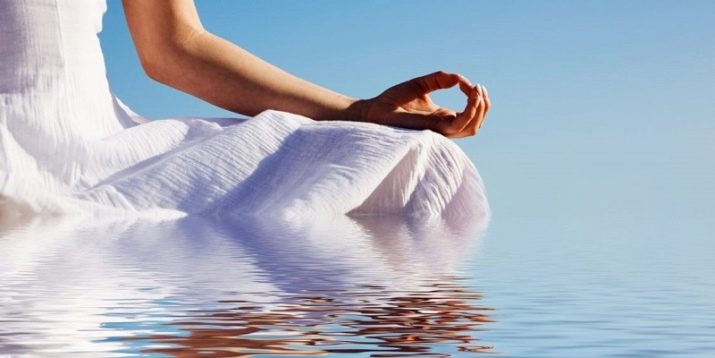
Therapeutic effect
Turquoise shades are actively used in many color treatment techniques. Indeed, in their spectrum they have calm and soothing tones: green and blue. The perception of the color of the sea wave has a beneficial effect on the overall emotional state, calms the nerves, and reduces the influence of stress factors. This shade shows good results as an adjuvant in many painful conditions, both physiological and psychological:
- turquoise is able to relax the muscles of the eyes;
- contemplation of a given color calms, helps restore positive energy;
- shades of turquoise can be used as emergency support in stressful situations, since their perception rather quickly reduces emotional stress;
- with prolonged mental exertion and overwork, ultramarine helps to relax and restore strength;
- regular contemplation of color, especially in the autumn-winter period, when the spectrum of shades outside the window is limited, will help strengthen immunity and cope with depression;
- psychologists and doctors use aquamarine to combat insomnia, anxiety, obsessive fears, apathy, and severe depression.
It is best to combine therapy with turquoise color at the same time as aromatherapy. When contemplating the shade, you can light incense candles, sticks, or use essential oils.
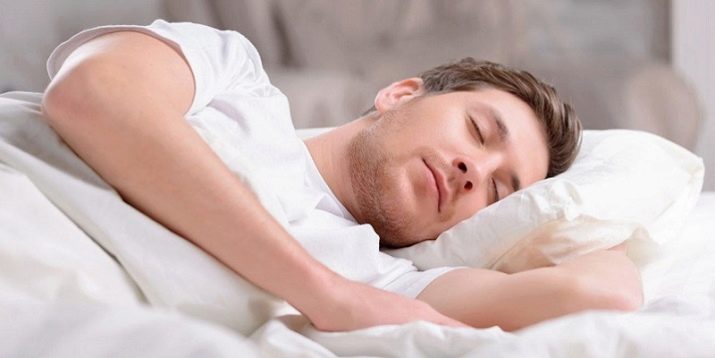
Value in psychology
Turquoise is associated with harmony, calm, balance and balance of internal energy. Psychologists recommend observing its shades to improve self-control, relieve stress. And also this color helps to improve memory and concentration.
Tone stimulates creativity and imagination. He is able to inspire the adoption of creative and extraordinary decisions. It is believed that the color of the sea wave is very necessary for those whose activities are closely related to art and creativity. It helps fuel imagination and fills with self-confidence.
However, experts in the field of psychology revealed some disadvantages of excessive contemplation of shades of turquoise. In particular, too many of them in the environment can lead a person to excessive detachment and closeness. Excessive control of emotions can ultimately become an obstacle to full communication with loved ones. An example of such personality changes are Buddhist monks, in whom contact with others is often reduced to almost nothing.
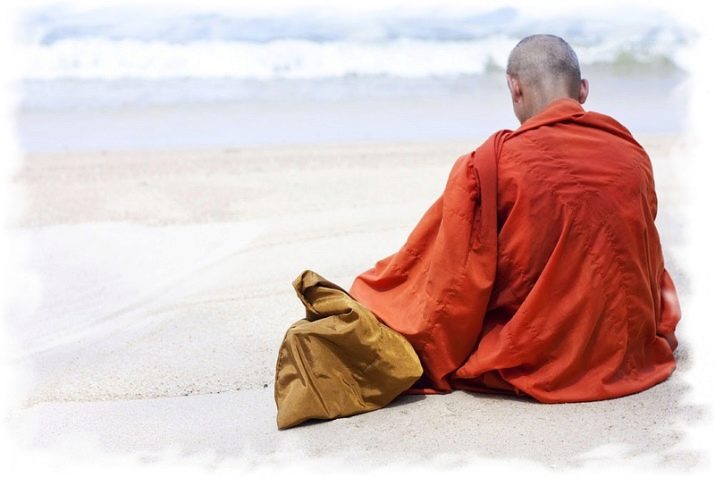
Turquoise in clothes
Most often, it is women who choose turquoise. These are confident and very sociable personalities. They are calm and balanced, trying to avoid conflicts. Friendliness and responsiveness are inherent in them. Astrologers believe that azure shades are very suitable for female scorpions. This color emphasizes their character and brings good luck. This color in the wardrobe speaks about the creativity and creative nature of the person who chooses it.
Shades of turquoise in clothes, accessories or jewelry visually make skin tone warmer. Therefore, girls and women with very fair skin are recommended to include details of this color in their wardrobe. Those who are fortunate enough to get a tan will come up with bluish-green swimsuits, tops or sundresses. Things of the color of the sea wave perfectly emphasize and deepen the tint of the tan, introducing notes of exoticism into the external appearance.
Recently, among men, a fashion for turquoise has also begun to emerge. Most often, the stronger sex include shirts, t-shirts, ties in their wardrobe. In any season, aquamarine-colored clothing and accessories attract attention. They give the impression of freshness and lightness. In winter, they evoke pleasant warming memories of the summer sea. And on hot days, they bring coolness.
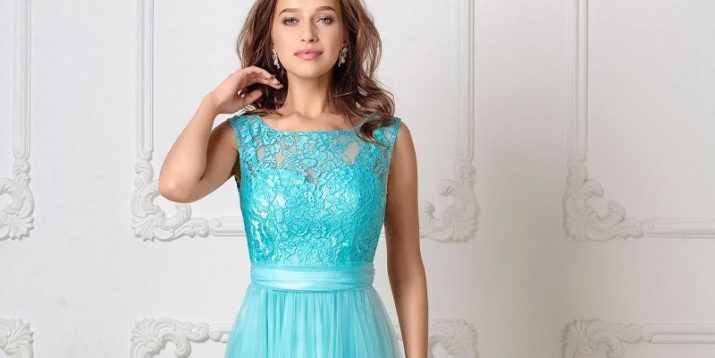
Color in the interior
Shades of turquoise can decorate almost any room. Designers use them to decorate children's rooms, living rooms, kitchens, bathrooms, in the interiors of bedrooms and workrooms. Color is almost universal. He is able to calm and balance the quick-tempered people, relieve fatigue and energize those who are very tired. Turquoise is good at raising moods during periods of apathy or depression.
Very often, people belonging to the water signs of the Zodiac: Cancers, Pisces, Scorpios, are prone to aquamarine shades in the interior. This is not surprising, because the color is primarily associated with sea water or a cool clean reservoir. For this reason, most often turquoise tones are used in the design of a bathroom or in children's rooms made in a marine style.
A calmer shade is used in bedrooms and in kitchens. It brings peace and calms, creating the necessary mood for comfort and relaxation.
